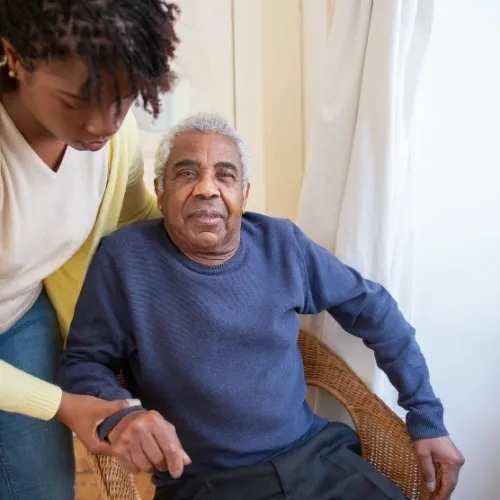Recognizing when your parents may benefit from companion care involves tuning into subtle cues that indicate changes in their well-being and overall quality of life. Here are signs to consider:
- Social Withdrawal: If your parents were once sociable but are now withdrawing from social activities or interactions, it could signal loneliness or the need for companionship. Look for changes in their desire to engage with friends, family, or community events.
- Decline in Physical Health: Noticeable changes in physical health, such as difficulty with mobility, chronic health conditions, or challenges in managing daily tasks, may indicate a need for companion care. Companions can provide assistance with activities of daily living and offer emotional support.
- Forgetfulness or Confusion: Memory issues or cognitive decline can impact daily functioning. If your parents are experiencing forgetfulness, confusion, or difficulty managing medications and appointments, companion care can provide valuable reminders and assistance.
- Changes in Personal Hygiene: A decline in personal hygiene may be a sign that your parents are struggling to manage self-care tasks independently. Companion care can offer support with grooming, bathing, and maintaining a clean and comfortable living environment.
- Noticeable Weight Changes: Unexplained weight loss or gain can be indicative of underlying issues. Companions
- Emotional Well-being: Keep an eye on changes in mood or emotional well-being. If your parents seem consistently sad, anxious, or isolated, companion care can provide emotional support and companionship to improve their mental health.
- Safety Concerns: If you notice signs of declining safety awareness, such as leaving appliances on or experiencing frequent falls, companion care can contribute to a safer living environment by offering supervision and assistance.
- Unmaintained Home: A sudden decline in the cleanliness or organization of their living space may indicate difficulty managing household tasks. Companion care can help with light housekeeping and ensure a comfortable and safe home environment. Recognizing these signs allows for early intervention, enhancing your parents’ overall quality of life. Companion care offers not only practical assistance but also the invaluable companionship that can positively impact their physical, emotional, and social well-being.






